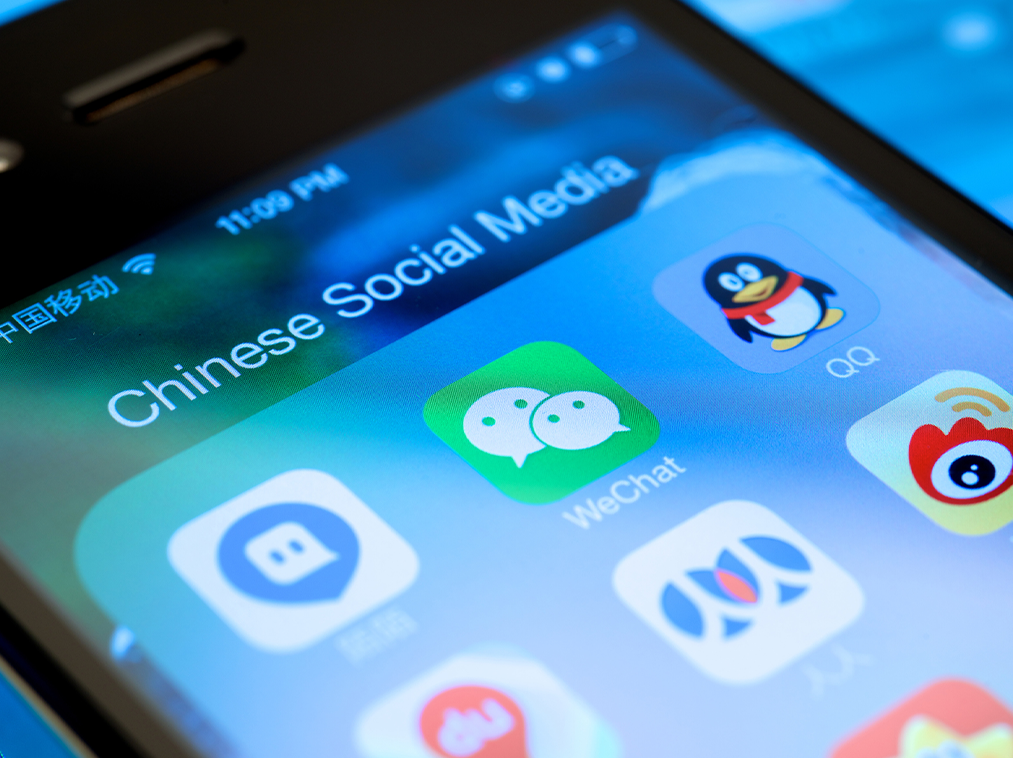This website uses cookies so that we can provide you with the best user experience possible. Cookie information is stored in your browser and performs functions such as recognising you when you return to our website and helping our team to understand which sections of the website you find most interesting and useful.

The chief executive of the National Cyber Security Centre (NCSC) has said that the internet is less likely to remain open and that Chinese and Western markets would each become more insular.
“There are two plausible scenarios for the future of the internet geopolitically: one is we continue forward with an adapted version of the western-led system, with quite a lot of integration, particularly in the unseen parts - the physical structure, the software - with China and other non-western powers,” Ciaran Martin told the Financial Times.
”Or there’s bifurcation. It is less likely that the first model survives, but it is not inevitable that we end up with the second.”
“Western countries would need to make sure that our technological development keeps pace with, and outpaces, any competing model. That’s what really matters,” Martin added.
Such concerns stem from China’s rapid progress in the technological space, in a range of cutting-edge areas including quantum technology, and studies that suggest China will become the world leader in artificial intelligence technologies by 2030.
Martin said the government’s decision to intervene in mergers and acquisitions on national security grounds is beneficial, arguing that this would protect UK-based technology startups from being controlled by foreign countries who are purportedly working against Britain’s interests.
Such a concern was echoed in April by John Sawers, the former Chief of the Secret Intelligence Service otherwise known as MI6.
“We need to do more to protect Western technology from being bought up by Chinese companies and I think the efforts being made to ensure Imagination [Technologies] isn’t pulled out of the UK and bought up by China is the right thing to do,” he said.
The split between Chinese ecosystems and Western ones is not impossible. China already has a thriving ecosystem of services local to the country, and has closed the doors to competition from US technology companies such as Google and Facebook, hidden behind its Great Firewall.
With regards to the TikTok ban, arguments have been made that Western companies should not do business in China, as the ‘open internet’ should only be promoted to companies that want to operate openly.
Such a decision could have severe ramifications for Western companies. Apple and Disney have warned the Trump administration that retaliation for its Huawei ban or forthcoming TikTok and WeChat ban could direly affect the sale of iPhones.
Many Chinese users would rather swap to Android from iOS than forgo WeChat which – as a messaging platform, payment service, app platform, and more – is nearly-ubiquitous in China in a way similar to Google Pay or Maps.



 Africana55 Radio
Africana55 Radio 

